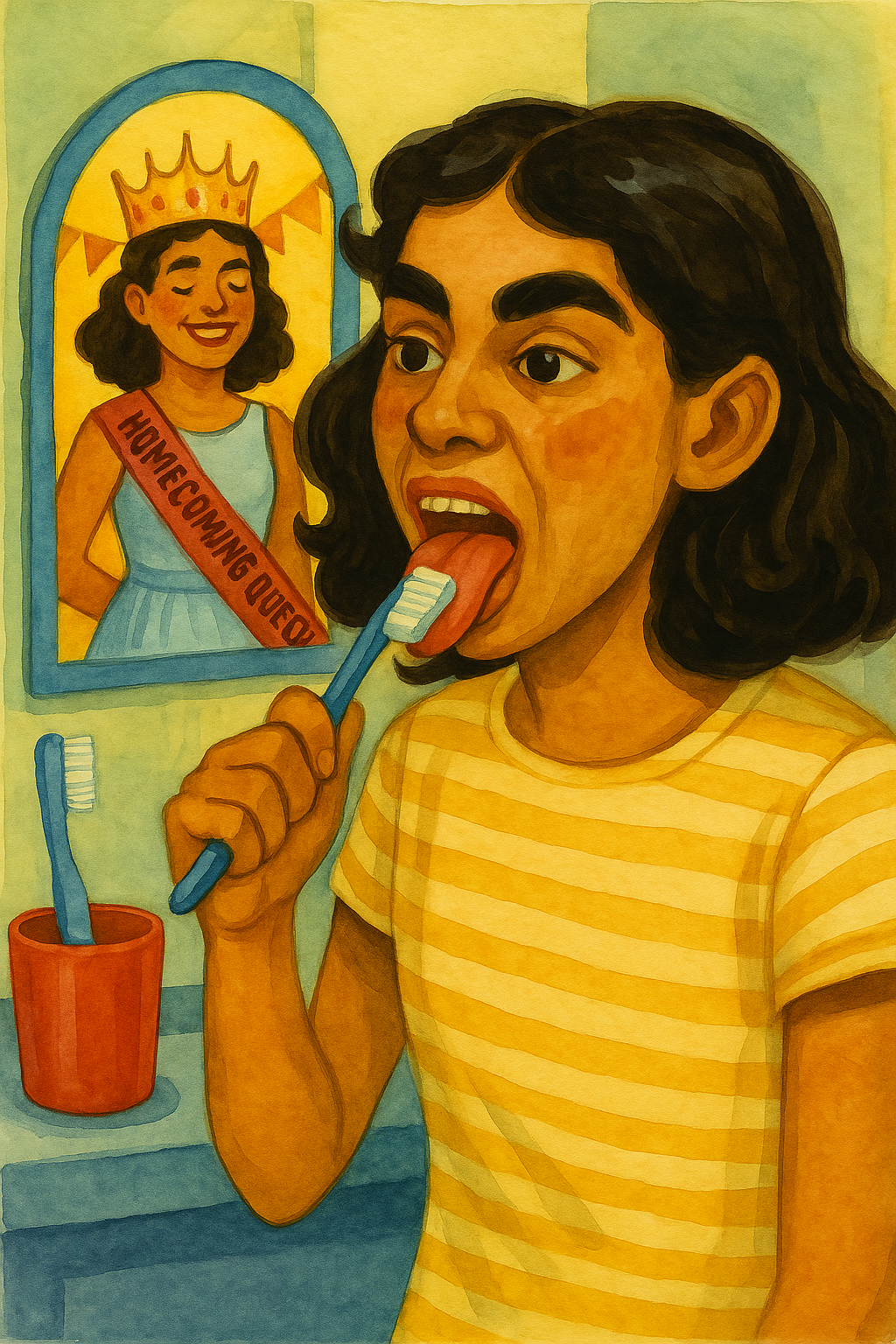Aging and oral health
/As people age, they may be more likely to take multiple medications, which can have an impact on oral health. Some medications can cause dry mouth, which can lead to tooth decay and gum disease. Other medications can cause changes in taste and appetite, which can lead to poor nutrition and oral health problems. Additionally, some medications can cause changes in the color of the teeth or the tissues in the mouth. It's important for older adults to talk to their dentist and physician about any medications they are taking and how they may impact oral health.
It is recommended that older adults see a dentist at least twice a year for regular check-ups and cleanings. This is because as we age, we are more at risk for oral health problems such as tooth decay, gum disease, and oral cancer.
It's also important for older adults to inform their dentist of any health conditions they have, as this can affect oral health and the care they receive. If any oral issues are detected, they should be treated as soon as possible to prevent further complications.
Older adults can take care of their oral hygiene at home by following these basic steps:
Brush twice a day with a fluoride toothpaste: Brushing twice a day, in the morning and before bed, helps to remove plaque and bacteria that can cause tooth decay and gum disease.
Floss daily: Flossing helps to remove plaque and bacteria from between the teeth and along the gum-line, which can't be reached by brushing alone.
Use an antiseptic mouthwash: Rinsing with an antiseptic mouthwash can help to kill bacteria and freshen breath.
Limit sugary and acidic foods: Consuming sugary and acidic foods can increase the risk of tooth decay, so it's important to limit these types of foods and to brush or rinse your mouth with water after consuming them.
Stay hydrated: Drinking enough water can help to keep the mouth moisturized and prevent dry mouth, which can lead to tooth decay and gum disease.
Visit the dentist regularly: Regular check-ups and cleanings with a dentist can help to detect and prevent oral health problems before they become more serious.
If older adults have any physical or cognitive challenges that make it difficult to take care of their oral hygiene, they should let their dentist know so they can provide appropriate guidance and accommodations





